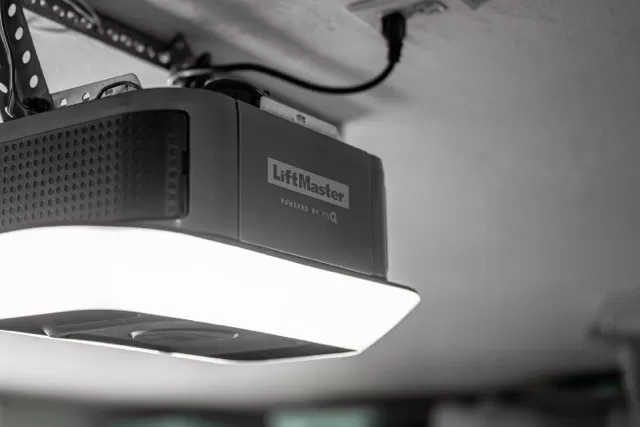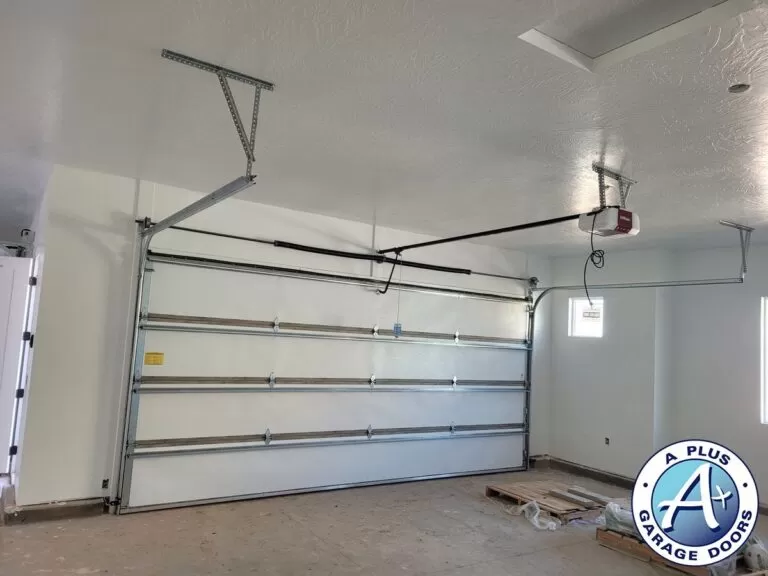A garage door is often a neglected part of your home until it starts making alarming noises. Like any mechanical system, garage doors require regular maintenance to ensure optimal performance and longevity. One crucial aspect of garage door maintenance is lubrication, which not only reduces noise but also prevents premature wear and tear. In this article, we’ll explore how to effectively lubricate your garage door and which lubricants are best for you.
Why Lubricate Your Garage Door?
Before delving into the lubrication process, let’s understand why it’s essential. A garage door comprises several moving parts such as rollers, hinges, tracks, and springs. Over time, these components can accumulate dust and grime, leading to friction and noise during operation. Lubrication helps in:
- Reducing Noise: By providing a smooth surface, lubricants minimize friction between moving parts, thereby reducing squeaks, squeals, and rattles.
- Preventing Rust and Corrosion: Garage lubricants create a protective barrier against moisture, preventing rust and corrosion, especially in areas prone to high humidity or harsh weather conditions.
- Enhancing Performance: Well-lubricated garage doors operate more smoothly and efficiently, exerting less strain on the motor and extending the lifespan of the garage door.
Choosing the Right Lubricant
Not all lubricants are created equal, and using the wrong type can do more harm than good. When selecting a lubricant for your garage door, consider the following factors:

- Silicone-Based Lubricants: Silicone lubricants are ideal for garage doors as they offer excellent lubrication properties, resist water and temperature extremes, and do not attract dust or dirt. They are available in spray or liquid form and are suitable for most garage door components.
- White Lithium Grease: White lithium grease is another popular option for lubricating metal-to-metal components such as hinges and springs. It provides long-lasting lubrication and offers some degree of protection against rust and corrosion.
- Avoid WD-40: While WD-40 is a versatile product, it is not recommended for lubricating garage doors as it tends to dry out quickly and may attract dirt, leading to increased friction and wear.
Steps to Lubricate Your Garage Door
Now that you know the effective lubrication products to use, let’s walk through the steps to best lubricate your garage door:
- Inspect the Door: Before lubricating, visually inspect the door and its components for any signs of damage or wear. Replace any worn-out parts before proceeding with lubrication.
- Turn Off the Power to the Garage Door Opener: Safety should always be a priority when working on your garage door. To prevent accidental activation while lubricating the door, locate the power switch or disconnect the cord on your garage door opener and turn it off. This ensures that the door remains stationary and prevents any potential accidents.
- Clean the Tracks: Use a soft cloth or brush to remove any debris or old lubricant from the tracks. Ensure the tracks are free from any obstructions that may hinder the movement of the door.
- Apply Lubricant to Moving Parts: Apply a generous amount of lubricant to the following components:
- Rollers: Apply lubricant to the roller stems, avoiding the wheels.
- Hinges: Apply lubricant to the pivot points of the hinges.
- Springs: Apply lubricant to the coils of extension or torsion springs.
- Tracks: Apply lubricant to the inside of the tracks, focusing on areas where the rollers make contact.
- Operate the Door: After lubricating the moving parts, open and close the garage door several times to distribute the lubricant evenly and ensure smooth operation.
- Wipe Excess Lubricant: Use a clean cloth to wipe away any excess lubricant from the tracks and other surfaces. This prevents dripping and accumulation of debris.
Regular lubrication is key to maintaining a quiet, smoothly functioning garage door. By following the steps outlined in this guide and selecting the right lubricant for your door, you can ensure optimal performance and prolong its lifespan. Make lubricating your garage door a part of your annual home maintenance routine, and enjoy the benefits of a well-functioning door for years to come.





